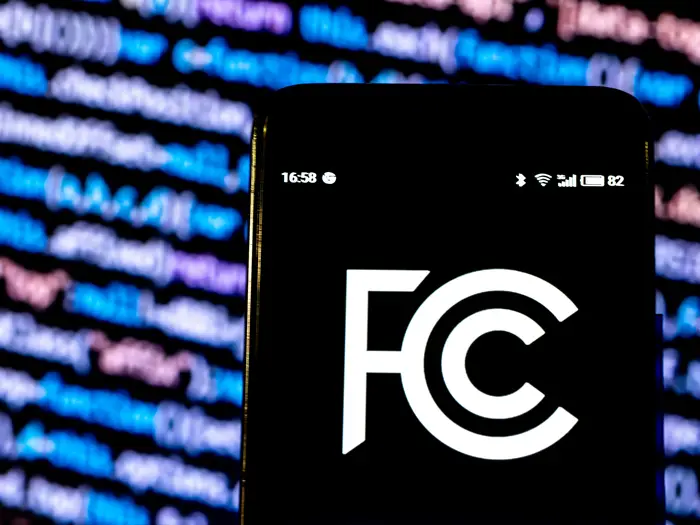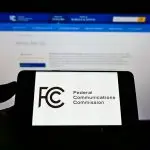The Telephone Consumer Protection Act (TCPA) establishes strict guidelines to protect consumers from invasive telemarketing practices. For digital marketing agencies and online businesses, understanding and adhering to these regulations is crucial to avoid legal pitfalls.
Let’s go over three TCPA violations, their financial consequences, and how to avoid them.
1. Violating the Do Not Call Registry
The Do Not Call Registry was established to shield consumers from unsolicited calls. While certain entities like charities and political groups are exempt, most commercial telemarketers must adhere to these restrictions. If a consumer has an existing business relationship with your company or has provided written consent, you may contact them. However, violating DNC rules can lead to significant fines.
According to the Federal Trade Commission (FTC) itself, companies that knowingly violate the DNC registry can be fined up to $50,120.
It’s imperative for businesses to regularly cross-check their contact lists against the Registry and respect the preferences of registered individuals.
2. Autodialed Calls to Cell Phones
For years, autodialers, or automatic dialing systems, were used for efficient marketing outreach, but recent regulatory changes by the Federal Communication Commission (FCC) have established a “one-to-one” consent rule, which prevents agencies from obtaining consent on behalf of multiple businesses or sellers, making the autodialer strategy far less effective.
Unsolicited calls to cell phones using these systems can lead to violations. To remain compliant, businesses should either use manual dialing methods or ensure they have prior written consent for autodialed calls. Adopting consent-based marketing approaches can also help maintain efficiency, respect consumer privacy, and, most importantly, remain TCPA compliant.
Fines for the misuse of autodialers and other automatic systems can be up to $500 per violation.
3. Steering Clear of Deceptive Caller ID Practices (Spoofing)
Spoofing involves falsifying caller ID information to mislead consumers. This practice, which includes manipulating caller IDs, impersonating businesses, or claiming to be government entities, is a serious TCPA violation, with hefty fines to dissuade any untoward marketing behavior.
Companies who engage in spoofing can expect to be fined $10,000 per violation. Agencies should ensure that their caller ID information is accurate and transparent. Educating staff about the illegality of spoofing practices is vital to maintaining integrity and compliance.
What You’ve Learned
For digital marketing agencies and online businesses, navigating the complex landscape of TCPA regulations is essential to avoid legal repercussions and maintain consumer trust. By understanding and adhering to these rules – respecting the Do Not Call Registry, obtaining consent for autodialed calls and texts, avoiding unauthorized robocalls, and maintaining transparent caller ID practices – businesses can ensure they conduct their operations ethically and legally.
TCPA Compliance at Legal Brand Marketing
At Legal Brand Marketing, we prioritize TCPA compliance to protect your business from any legal complications. Our website forms are equipped with clear TCPA opt-in language, ensuring that we obtain express consent from users. This approach not only safeguards your business legally but also allows you to concentrate on growing your business. In our commitment to upholding these standards, we’ve partnered with Active Prospect and integrated TrustedForm, which specializes in capturing form submissions and generating opt-in certificates that confirm direct user consent.
Furthermore, Legal Brand Marketing strictly avoids using artificial or prerecorded voices for lead verification. We believe in the personal touch, hence all our lead verification processes are conducted by live agents. Should you need more information about our TCPA compliance strategies or wish to learn about our TCPA opt-in verification tools, please click here or contact us at 1-818-884-8075.






